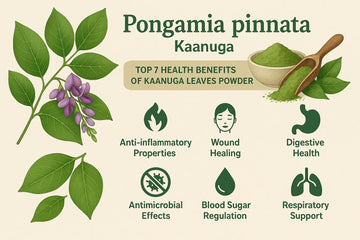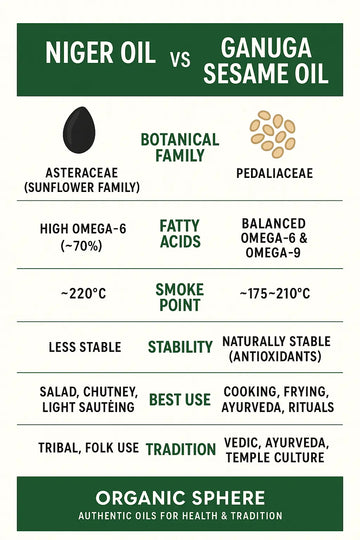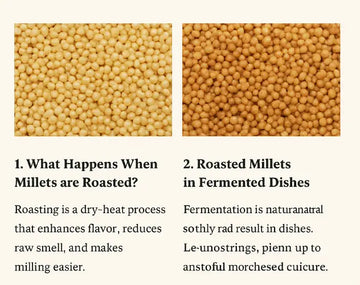Our journey towards a healthier, more sustainable world intertwines deeply with the foods we choose. This recipe book celebrates millets - ancient, versatile grains that have nourished diverse cultures for millennia. As we face pressing global challenges, including food security and environmental sustainability, millets emerge as a powerful, yet often overlooked, solution.
These "grains of the future" align closely with the United Nations Sustainable Development Goals (SDGs), offering a unique opportunity for each of us to contribute to broader global objectives through our dietary choices. Millets are nutrient-rich, offering essential vitamins, minerals, and fiber. The recipes in this book have been carefully curated to maximize these nutritional benefits.
Beyond nutrition, millets are environmentally sustainable crops. They thrive in harsh conditions, requiring far less water and inputs than many staple grains. This resilience makes millets a key player in combating hunger and addressing climate challenges, contributing directly to SDGs like Zero Hunger (SDG 2) and Climate Action (SDG 13).
By choosing millets, we support smallholder farmers, particularly those in regions facing water scarcity or resource limitations. This support not only improves livelihoods but also promotes agricultural biodiversity, essential for ecosystem resilience.
In embracing millets, we don't just choose a healthy diet; we take a step towards a sustainable, nourishing future for our planet and ourselves.
These "grains of the future" align closely with the United Nations Sustainable Development Goals (SDGs), offering a unique opportunity for each of us to contribute to broader global objectives through our dietary choices. Millets are nutrient-rich, offering essential vitamins, minerals, and fiber. The recipes in this book have been carefully curated to maximize these nutritional benefits.
Beyond nutrition, millets are environmentally sustainable crops. They thrive in harsh conditions, requiring far less water and inputs than many staple grains. This resilience makes millets a key player in combating hunger and addressing climate challenges, contributing directly to SDGs like Zero Hunger (SDG 2) and Climate Action (SDG 13).
By choosing millets, we support smallholder farmers, particularly those in regions facing water scarcity or resource limitations. This support not only improves livelihoods but also promotes agricultural biodiversity, essential for ecosystem resilience.
In embracing millets, we don't just choose a healthy diet; we take a step towards a sustainable, nourishing future for our planet and ourselves.
Related Articles





